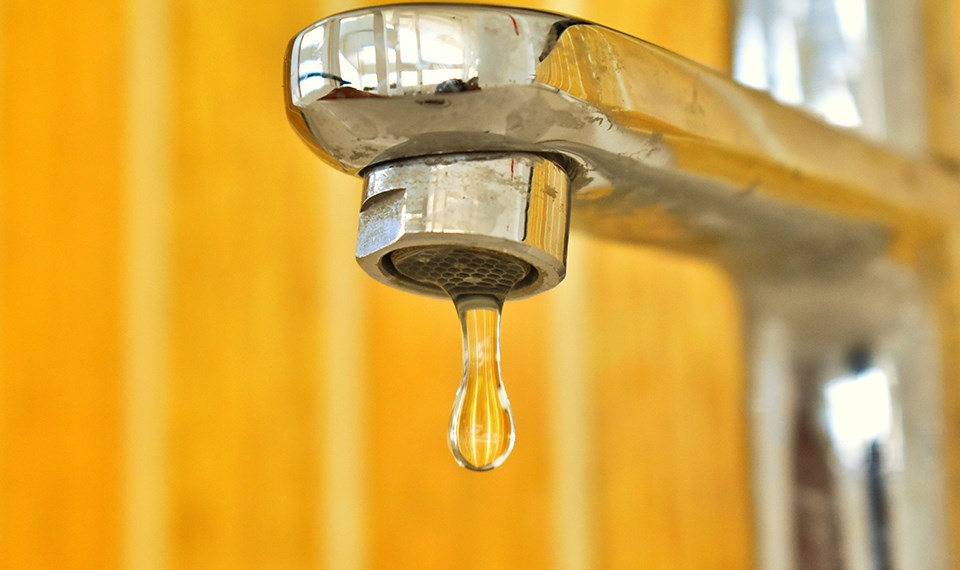Greater Sudbury’s infrastructure shows its age in various ways, and a new municipal report shows how it has manifested in water leakage volumes.
The city’s target rate of 15 per cent water leakage is largely exceeded in Greater Sudbury, ranging from nine per cent in Dowling to 47 per cent in Onaping-Levack.
A large leak in Levack in the Hardy Industrial Park leading to an abandoned mine has been found and repaired since these leakages were recorded, but the report released this week does not offer an updated leakage volume estimate.
The total leakage volume in 2012 was estimated at 5,738,490 cubic metres in Greater Sudbury. Against a production of 21,846,607 cubic metres, there was an overall leakage of 26.3 per cent.
To combat this and other concerns, the city started a Water and Wastewater Task Force five-year pilot program, which was officially underway by 2021.
“Leaking water distribution systems are a global problem, which, with decreasing available water and climate change, continues to gain attention and new tools continue to be available on the market to address the issue,” city water and wastewater professional Cheryl Beam said in a report the city’s operations committee will be presented on Jan. 16. “Water loss reduction is a cost-effective water management tool.”
There are many reasons a water distribution system might leak, she added.
“Leaks may be a result of aging infrastructure, corrosion, water hammer/pressure surges, frost, ground and soil movement, poor design or inspection, inadequate construction practices, defective or improper valves, fittings, or joints, vibration from road traffic or road rehabilitation, or earthquakes.”
The city’s Water and Wastewater Master Plan cites an aspirational goal of reducing leakage to 15 per cent, though Beam’s report notes that most industry literature references a best practice leakage rate of between 15-20 per cent.
The 2021 MBNCanada Performance Measurement Report compares municipalities' water pipes and water main breaks per 100 km, revealing Sudbury’s pipes are the oldest among 12 participating municipalities, at an average of 56 years.
The 2020 report included 15 municipalities, at which time Montreal’s 62-year-old pipes and Toronto’s 62-year-old pipes exceeded Greater Sudbury’s 55-year-old pipe age average of the day.
Despite ranking at or near the top in age, Greater Sudbury’s 7.8 water main breaks per 100 kilometers of pipe ranks it only slightly above the 2021 municipal average of 7.35.
To locate leaks, the city studies water flow using various technologies and reducing water pressure in areas with significant losses and high water pressure.
On the private household side of things, the city has been installing water meters which connect meters to outdoor transmitters that will send wireless readings directly to Greater Sudbury Utilities.
“The online customer service portal will give customers in-depth information regarding their water usage in real-time and is expected to go live in January 2023.”
To further reduce the amount of water lost through leaks, the city plans on installing new air release valves, which help reduce water main breaks by expelling pressurized air from the system. The city is also looking into reducing the amount of water let loose via “blow-offs,” which are intentional leaks to help resolve water control issues.
Beam’s report will be presented during the city’s Jan. 16 operations committee meeting, which begins at 2 p.m. The meeting will be open to the public at Tom Davies Square, and a livestream will be available by clicking here.
Tyler Clarke covers city hall and political affairs for Sudbury.com.
